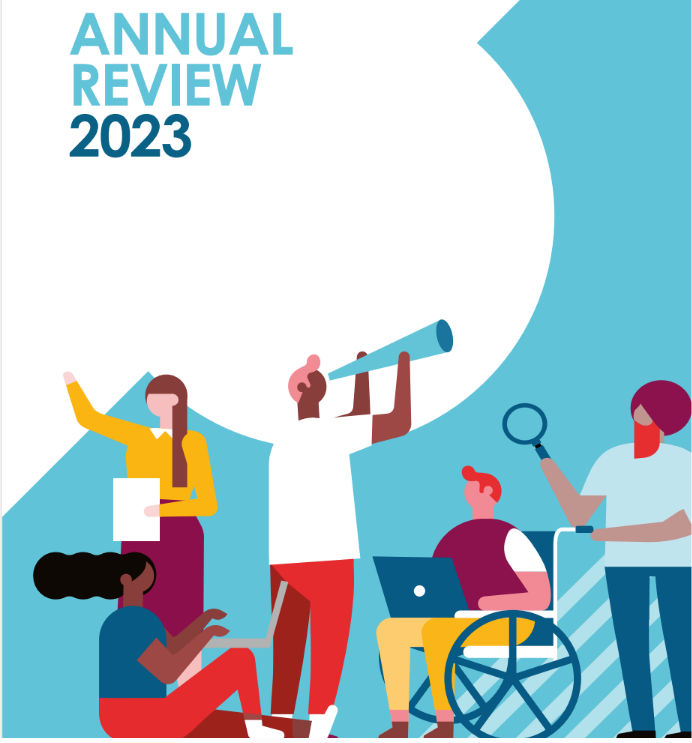Ryan Howsham, Senior Policy Manager at Youth Futures Foundation, reflects on some of the lessons learnt at Anthropy 2022, and why place-based approaches are central to understanding and changing the employment journey for young people facing disadvantage and discrimination.
In November 2022, Youth Futures Foundation took part in the first iteration of a brand new event – Anthropy. As an official content partner, we took an expert team to the Eden Project, sharing learning and experiences with leaders and influencers from across British business, academic and civic communities. The event focused on answering fundamental questions shaping the future of Britain, across a diverse set of themes. A key theme on the Anthropy agenda was ‘Our Vibrant Places,’ with place leaders from across the country leading sessions and joining discussions about how “our places need to emerge as new centres of vibrancy and prosperity”.
Youth Futures Foundation believes a place-based approach is key to helping young people into good jobs. In the research that led to the development of our youth employment system map, young people and stakeholders described multiple barriers to getting into good work; many of these are determined by the place a young person lives, learns and works in. Their stories around services that don’t provide joined-up, consistent help to find work, right across their individual journeys from education to employment, informed the development of our £16m Connected Futures programme: a place-based approach which puts young people at the heart of locally-tailored solutions. This made engaging with leaders on place-based change a priority for our team at Anthropy.
During the event, we were fortunate to hear directly from changemakers from across England about how they’re working across their places to generate meaningful systemic change. The work is diverse, ranging from the leaders transforming the small Cambridgeshire town of St Neots, through the St Neots Initiative, to the work of Down to Earth Derby as an independent catalyst for wide-scale nature-based regeneration in the city, to complex partnerships built to break down silos in places big and small, up and down the country. Across Anthropy, there was a consensus on the importance of empowering communities to tackle the problems and opportunities they face in the places where they live.
We heard from an expert panel looking at past lessons about how communities can take power and transform their places themselves, and the benefits that has for community wellbeing and long-term change. The panel urged decision-makers to overcome challenges in community leadership, including by being willing to cede control, not defining outcomes at the outset and accepting the potential for failure in experimentation. We were pleased to discuss Connected Futures with the room, as a model for these and other practices that aim to give genuine power to communities to address their youth employment challenges themselves.
Discussions also focused particularly on what effective place-based partnerships look like. Speakers reflected on the importance of policy as a framing for partnership working, but a focus on place as essential to breaking down organisational silos. They emphasised the importance of taking a whole-system view of the benefits of working together to build broad coalitions, and setting clear visions for change for all partners to buy-in and find their role. A strong vision underpinned by clear governance and transparent decision-making was identified as integral to achieving place-based change.
One of our priorities to 2024 at Youth Futures is ‘changing the system’ – working with others to address systemic youth employment barriers. Our system map and work in our Connected Futures places (plus investments in Merseyside and Durham) so far, as well as our engagement with experts like those at Anthropy, reinforces to us that changing the youth employment system will, to a large degree, be place-based. Real young people, in real places, supported by local organisations who know their places best.
In 2023, we’ll continue to build our understanding of how systems change, the role of place-based approaches and the specific local issues that affect youth employment for marginalised communities – aiming to share what we learn with changemakers across England to scale the impact of our work. By providing places with the evidence, data and approaches that work, we’ll go some way towards empowering them to help more young people from marginalised backgrounds get and keep good work, to the benefit of everyone.


